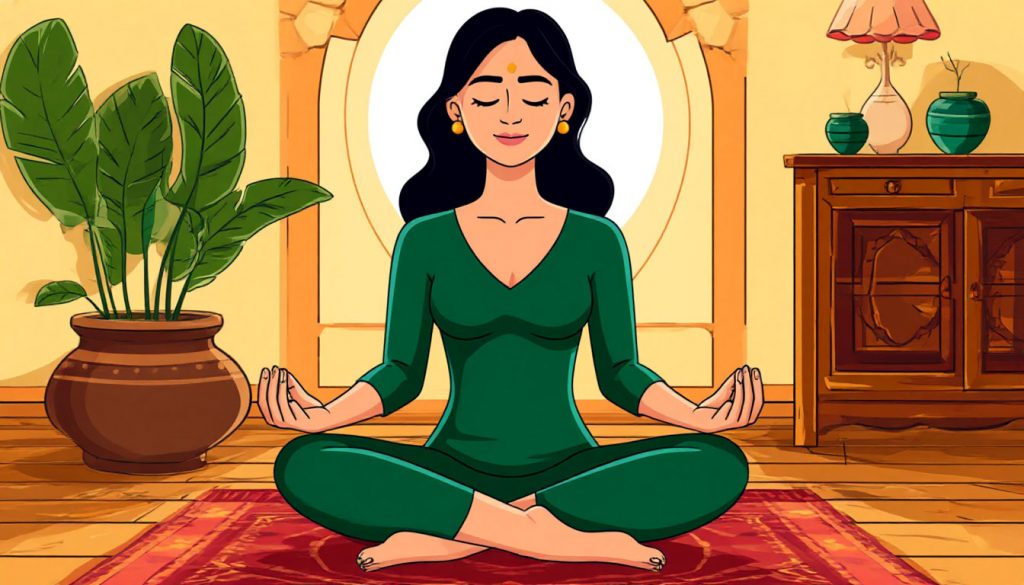Stress is a natural response of the body to challenging or threatening situations. While short-term stress can be helpful in motivating action, chronic stress has negative effects on both physical and mental health. It can impact sleep, digestion, concentration, mood, and even weaken the immune system. Fortunately, there are many effective ways to manage stress naturally, without turning to medication or supplements. Developing healthy routines and practicing emotional self-regulation are key to long-term balance and resilience.
Breathing and Relaxation Techniques
One of the simplest and most accessible stress-reducing tools is deep breathing. By slowing the breath and focusing attention on the present moment, breathing exercises activate the parasympathetic nervous system, helping the body relax. Techniques like box breathing, where you inhale, hold, exhale, and pause in equal intervals, can be practiced anywhere. Progressive muscle relaxation, which involves tensing and releasing muscle groups one by one, also helps reduce physical tension associated with stress.
Movement and Physical Activity
Regular physical activity is one of the most powerful stress reducers. It boosts endorphins (natural feel-good chemicals), improves mood, and clears the mind. Even short walks, light stretching, or dancing to music can help relieve nervous energy. Activities like yoga or tai chi combine movement with breathing, making them especially effective. The key is consistency: finding an activity you enjoy and doing it regularly—even 20–30 minutes a day—can make a major difference.
Nature, Creativity, and Mindfulness
Spending time in nature, even in a park or garden, has been shown to lower stress hormones and enhance well-being. Mindfulness practices such as observing surroundings, noticing sensations, or focusing on one task at a time can reduce overthinking. Expressive activities like drawing, writing, playing music, or gardening also provide emotional release. These creative outlets offer non-verbal ways to process stress and shift attention away from worries.
Routine, Social Support, and Rest
Establishing a daily routine provides structure and reduces feelings of chaos. Maintaining regular sleep hours, setting limits on screen time, and including breaks throughout the day are crucial. Equally important is staying socially connected. Talking to a friend, laughing with someone, or even helping others can lower stress. Rest and recovery, both mental and physical, are not luxuries but necessities for coping with modern life.
Glossary
- Stress – the body’s reaction to perceived challenges or threats.
- Chronic stress – ongoing stress that persists over time and harms health.
- Parasympathetic nervous system – part of the nervous system that calms the body after stress.
- Endorphins – chemicals released during exercise that improve mood.
- Mindfulness – focusing attention on the present without judgment.
- Routine – a regular sequence of actions that adds structure to daily life.


